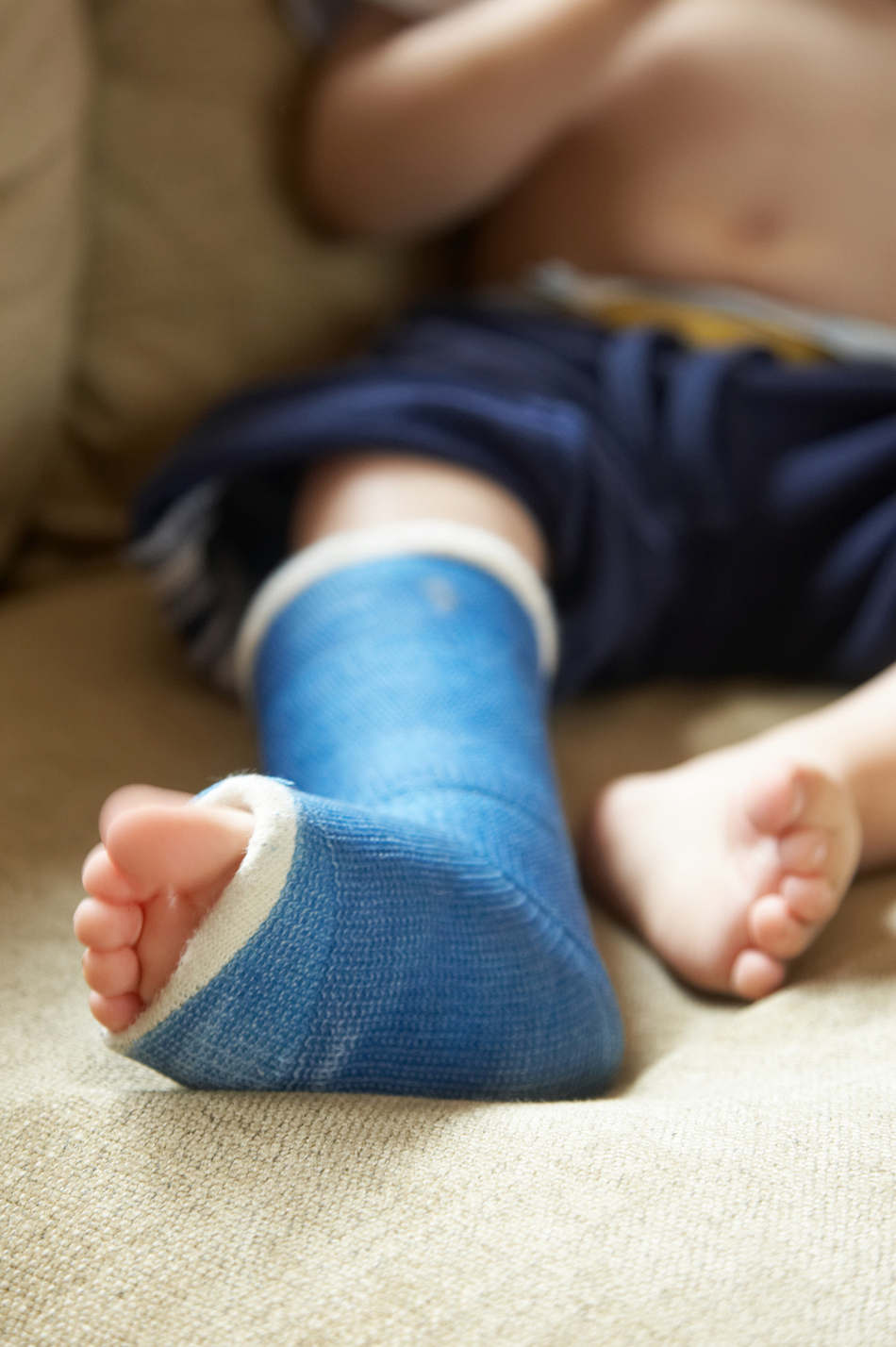
Episode Transcript
Interviewer: If you break bone, do you still get a plaster of Paris cast that your friends can sign? We're going to talk about that next on Scope Radio.
Announcer: Access to our experts with in-depth information about the biggest health issues facing you today. "The Specialists" with Dr. Tom Miller is on The Scope.
Dr. Miller: Hi. I'm Dr. Tom Miller and I'm here with Dr. Bruce Thomas. He's an orthopedic surgeon here at the Department of Orthopedics at the University of Utah and also practices at our Farmington facility in Farmington, Utah.
Bruce, do we still use plaster of Paris? I mean, when I was training, we'd go into the cast room and they had this big, goopy bin full of plaster of Paris. And they wrapped you up and put all the plaster of Paris on there. It dried and then your friends wrote all over the cast. Times change a little bit or not?
Dr. Thomas: For most things, times have changed.
Dr. Miller: I would suspect.
Dr. Thomas: Plaster is . . . It's been good. It's traditional. It's heavy. It's dirty. And for a long time, orthopedic surgeons felt like it held the molds better. There are studies that show that fiberglass will hold the mold that we put on the cast as well as fiberglass. And when we mold the cast, we put pressure on the bones in the right place to hold the fracture in place. The orthopedic axiom is crooked cast, straight bone.
Dr. Miller: So you can mold the fiberglass right around the arm or leg in the same way that you did with the plaster of Paris?
Dr. Thomas: You can. And when they've looked at it scientifically, the results were very similar.
Dr. Miller: So I suspect it's a lot lighter than that big, clubby plaster of Paris cast that people wore around for eight weeks.
Dr. Thomas: Significantly lighter, much cleaner, and your friends can still write on it.
Dr. Miller: That's great. How about the cast itself? These fiberglass casts, can it be removed so that you can shower or put back on? Does that just depend on the type of fracture?
Dr. Thomas: It does. It depends on the fracture and how stable it is. Once the fiberglass is on, it's not easy for the patient to take it off, but we can cut the cast and make it removable, if there is a fracture that is stable and we're not worried about a lot of displacement.
Dr. Miller: So casts are lighter. You can still write on them. And sometimes you can even take them off to take a shower.
Dr. Thomas: True.
Announcer: Want The Scope delivered straight to your inbox? Enter your email address at thescoperadio.com and click "Sign me up" for updates of our latest episodes. The Scope Radio is a production of University of Utah Health Sciences.